Amnesty International has decried police crackdown on Nigerians who participated in the 1 to 10 August #EndBadGovernance protests, stating that not less than 24 persons were killed and over 1,200, including minors, detained.
It said these occurred in the states of Borno, Kaduna, Kano, Katsina, Jigawa and Niger.
Join our WhatsApp ChannelThe group made this known in a report titled “Bloody August: Nigerian government’s violent crackdown on #EndBadGovernance protests,” released on Thursday, 28 November 2024.
Prime Business Africa recalls that Nigerians, mostly youths, had taken to the streets, between 1 and 10 August and protested against the rising cost of living and reports of endemic corruption in the country.
In a study conducted between 12 and 17 August 2024, in Kano, Katsina, and Jigawa states, Amnesty International documented what it described as “the violent crackdown on peaceful protests against rampant corruption and economic hardship” in Nigeria in recent times.
According to the report, those killed included 20 young people, an older person and two children.
The group claimed that the police fired live ammunition at protesters, often at close range, mostly in the head or torso. Such form of attack, it said, suggested that “officers were shooting to kill.”
READ ALSO: Is Courtroom New Battlefield In #EndBadGovernance Protests?
It added that two survivors suffered injuries after being shot by police in the arm and legs, while others were suffocated by the indiscriminate use of tear gas.
Commenting on the incident, Director of Amnesty International, Nigeria, Isa Sanusi, wondered why police and other law enforcement agents would descend on peaceful protesters with such level of violent force.
According to him, “People in Nigeria witnessed unbelievable lawlessness as security personnel fired live ammunition at protesters. The death toll could be higher than 24 because of the authorities’ apparent desperate efforts to cover up the atrocities. Peaceful protest over government policies is now a matter of life and death in Nigeria.”
Sanusi called on the Nigerian authorities to hold the police and other security agencies to account for deploying such a “deadly force” on peaceful protesters who did not constitute an imminent threat to lives.
“It is shocking that police have engaged in flagrant denials of wrongdoing despite public evidence to the contrary, and this speaks to their utter disregard for the sanctity of human lives,” the Director of Amnesty International Nigeria, stated.
He urged President Bola Tinubu’s government to conduct independent and transparent investigations into the allegations of human rights violations during the #EndBadGovernance protests, and ensure that those suspected to be responsible for the mayhem are identified and brought to justice through fair trials.
“Nigerian authorities must ensure access to justice and effective remedies for victims and their families,” he added.
Detailing the killings, according to its findings, Amnesty International said: “In Kano, 12 people were killed in Rijiyar Lemo and Kofar Nasarawa. In Jigawa State, three people were killed in Hadejia, while one person was killed in Kofar Sauri, Katsina State. In Kaduna State, a minor was killed by a soldier in Zaria while police killed one person in Kaduna. In Maiduguri, three people were killed at A.A. Kime Filling Station at Bolori Junction. In Niger State, at least, 3 people were killed along the Abuja-Kaduna Expressway.”
Amnesty International said eyewitnesses told its officials in Kano, Dutse, Katsina, and Minna that the protests were largely peaceful when they began on the morning of 1 August, but the exercise turned violent when police attacked the protesters by firing live ammunition and tear gas.
It also stated that those who expressed support for the protests on social media were attacked and many were arbitrarily arrested either by the police or the Department of State Services (DSS).
“The excessive use of force by the police against protesters contravenes international human rights standards, including the UN Basic Principles on the Use of Force and Firearms by Law Enforcement Officials,” it pointed out.
The group quoted one of the participants in the protests, Khalid Aminu, who said he was arrested, tortured and detained by the DSS. “I was tortured for over 60 days and the torture began from the point of arrest. The DSS operatives beat me and other protesters with sticks and iron cables. They poured water on me. I am yet to fully recover from these atrocities,” Aminu told Amnesty International.
The international human rights group expressed dismay that despite overwhelming evidence, including eyewitness accounts, videos, medical records, testimonies of the parents of victims and survivors, and photographs, the police have consistently denied involvement in the killings, dismissing them as “fake news” or attributing them to “unknown gunmen.”
“The Nigeria Police Force’s denial of the killings of protesters is a disturbing trend that undermines trust, perpetuates impunity, and exacerbates the cycle of violence. It also adds to the agony of the families whose loved ones were killed,” Sanusi stated.
“The brutal crackdown on the #EndBadGovernance protests is a clear manifestation of Nigerian authorities’ failure to respect and ensure the rights to freedom of expression and peaceful assembly,” he added.
Sanusi called on Nigerian authorities to end “deadly crackdowns” on peaceful protests in compliance with Nigeria’s domestic and international legal obligations.
He further called for the immediate release of those detained simply for participating in the #EndBadGovernance protests.
Victor Ezeja is a passionate journalist with seven years of experience writing on economy, politics and energy. He holds a Master's degree in Mass Communication.

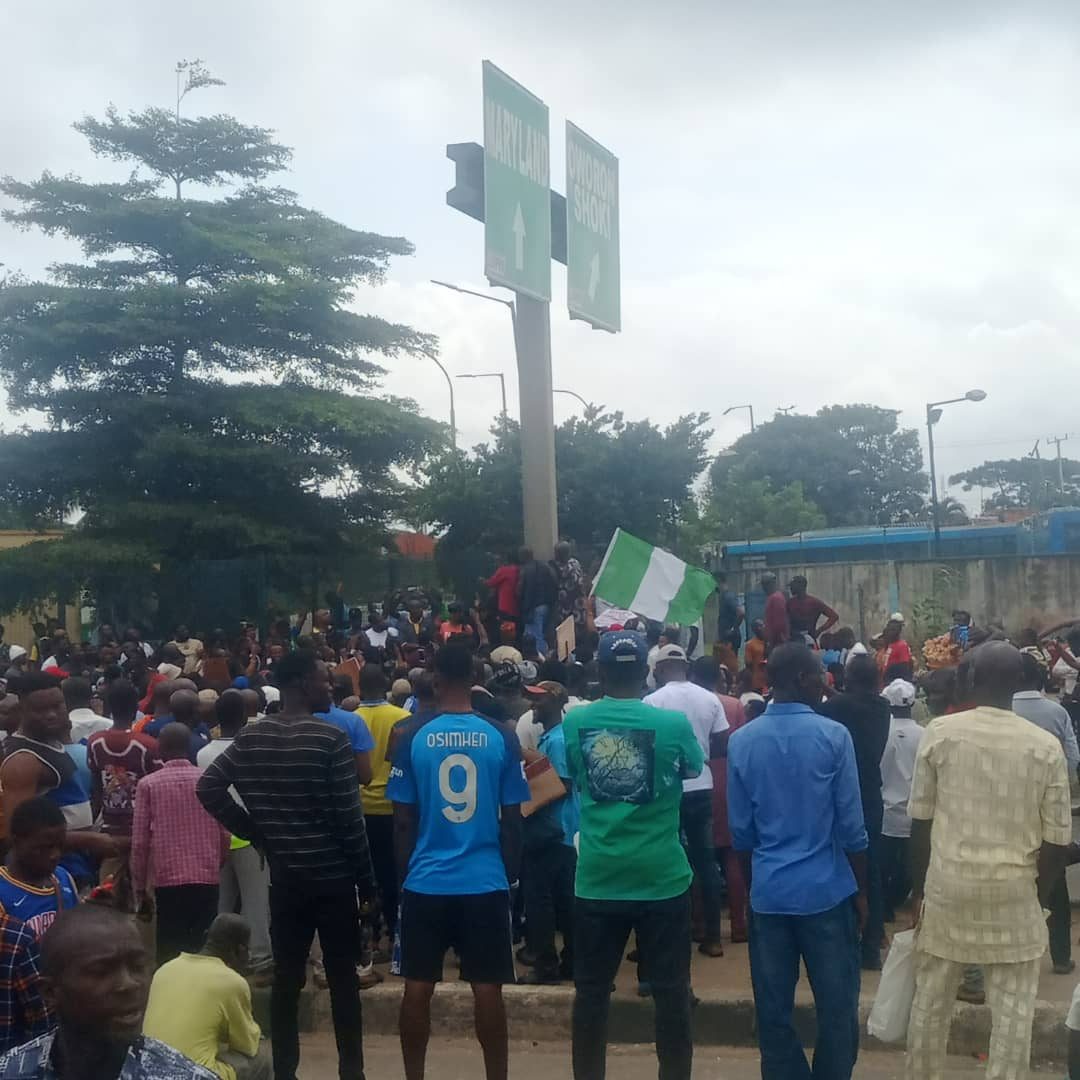




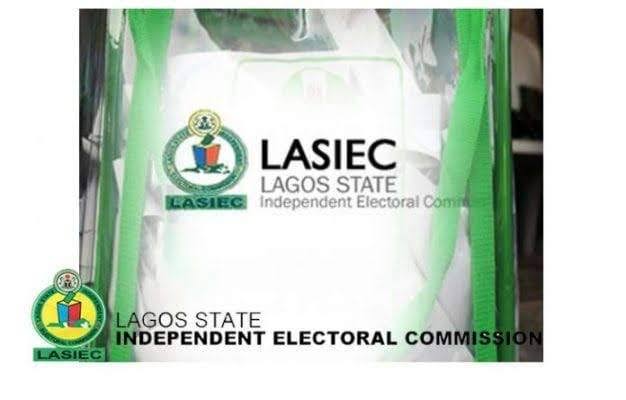
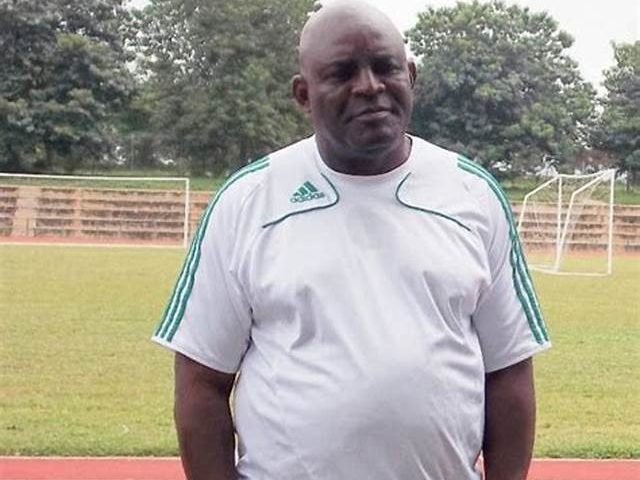








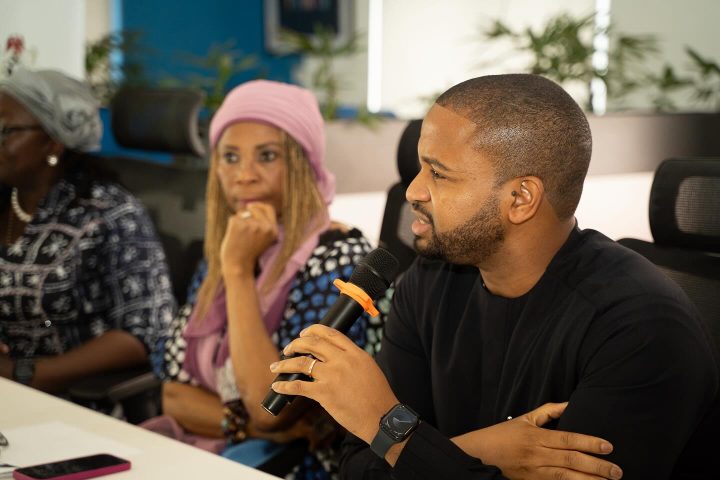
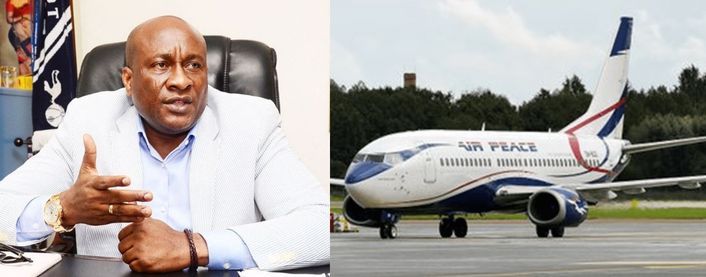
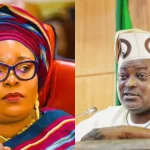
Follow Us